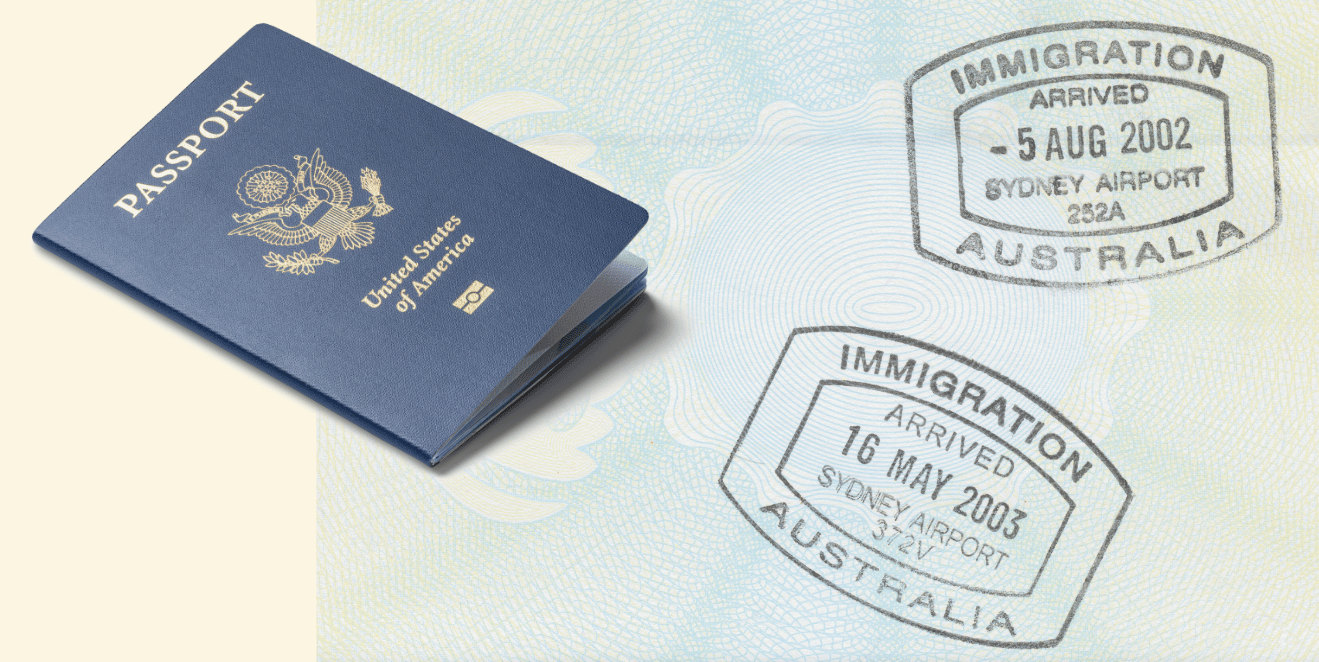Australia’s immigration rules are set to undergo a comprehensive overhaul following a review of the Migration System and this year’s federal budget. Ajuria Lawyers, renowned experts in this field, will guide us through these crucial changes.
Last month, the Minister for Home Affairs and Minister of Cyber Security, The Hon Clare O’Neil MP, announced several significant changes to the Australian immigration program during a speech at the National Press Club in Canberra. On the same day, the government published the final report of the ‘Review of the Migration System’ and its ‘Outline for A Migration System for a More Prosperous and Secure Australia’.
Among these changes, one of the most exciting is the availability of a permanent residence option for all Temporary Skill Shortage (TSS 482) visa holders by the end of the year. The TSS visa has typically not been used in the entertainment industry due to the high costs of sponsorship, with most employers opting for the Temporary Activity (subclass 408) Entertainment visa for their foreign workers instead.
Currently only limited TSS visa holders (if their occupation is on the Medium and Long-term Strategic Skills List) can obtain permanent residence with employer nomination after three years of employment in Australia. The upcoming change means that TSS visa holders in short-term occupations (such as Film Directors, Editors, Graphic Designers, and Web Designers) will also have the option to apply for Australian permanent residence through the Temporary Residence Transition (TRT) stream of the Employer Nomination Scheme (subclass 186). Further, eligibility for permanent residency in the TRT stream will be reduced to two years of employment with the sponsor in Australia on a TSS visa.
In conjunction with these changes, the government has increased the minimum Temporary Skilled Income Threshold (TSMIT) to $70,000 for all TSS applications lodged after 1 July 2023, meaning roles can only be sponsored if the salary will be at least this amount or higher in line with Australian market rates.
Government fees for visa applications are, however, due to increase by at least 6% (depending on the visa type) from 1 July 2023. Whilst there is a substantial cost for employers using the TSS program, when it comes to permanent residence, there are no obligations for an employer to pay the fees, apart from the training levy.
More changes are expected to be announced during the course of the year.
If you have any questions or want to make a general enquiry, please contact Ajuria: [email protected]
Navpreet Kanwar
Partner | Ajuria Lawyers
